The Great Barrier Reef Isn’t Dead Yet. Here’s How You Can Save It

The Reef is in a bad way, and it’s humanity’s fault. But don’t give up yet! Here’s what you can do to help save coral reefs worldwide.
The Great Barrier Reef—the world’s largest coral reef system is not dead yet. It is under severe distress, with nearly all of it completely bleached. But the World Heritage Site is more resilient than some publications claim, even if satirically.
Responding to US publication Outside's obituary on the Great Barrier Reef, Dr. Rusty Brainard, Chief of the Coral Reef Ecosystem Program at NOAA Science Center told The Outdoor Journal in an email, “I do think the Outside 'Obituary' story last Thursday was both over-the-top and harmful in stating that the GBR is dead….Raising awareness is certainly a good thing, but not when done through deception and mis-reporting. I assume that most of the audience for Outside magazine and the recipients of the social media sharing don't know much about coral reefs and likely took the story at face value rather than as satire. In so doing, those readers could easily lose hope in efforts to reverse the drivers causing the degradation. You can't save it if it's already dead…”
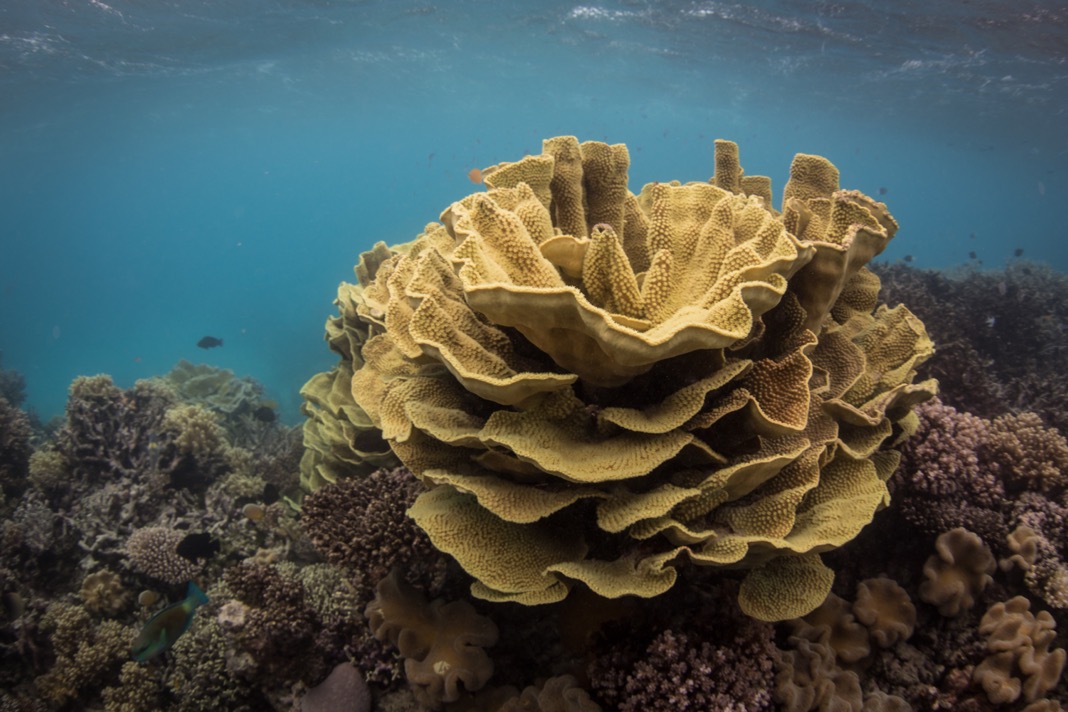
Keeping the urgent need to protect the coral reefs as our priority, The Outdoor Journal spoke to marine scientists and conservationists and lists some ways in which we can do our bit to ensure that further damage to these reefs is prevented.
Educate Yourselves
Getting your facts straight is the first step in supporting any environmental cause. Firstly, it will prevent you from sharing mindless doomsday stories that are generated by certain media companies purely for clickbait, and do more harm than good in the long run. Secondly, it will help you understand the relationship between species and the importance of ecological interdependence. You will understand how you are connected and how your lifestyle is affecting the ecosystem. Ultimately, knowledge will help you adopt the right lifestyle and support the right kind of outfits working towards common goals. The internet has a repository of information on every subject. It is also full of misinformation. For coral reefs in particular, the NOAA (National Oceanic and Atmospheric Administration), MPAtlas, the ARC Centre of Excellence for Coral Reef Studies and UNEP (United Nations Environment Program) are some of the trusted outfits with up-to-date information on the subject.
Decrease Your Carbon Footprint
The biggest threat to coral reefs is the continually increasing atmospheric carbon dioxide that leads to ocean warming, ocean acidification, sea-level rise, increasing and changing storm patterns. The rise in temperature makes the coral reefs unable to support the algae that sustain them. The corals end up expelling the algae, losing their symbiotic relationship and ultimately starving. We can change this by reducing our carbon footprint on the planet. This can be done by looking towards a plant-based diet and demanding sustainable agricultural practice. Marine biologist and photographer Brett Monroe Garner says, “An easy way to cut emissions on your own is to reduce your meat consumption--especially beef. Even cutting beef out of your diet a few meals a week will have an effect.”
Support Sustainable Ecotourism
Tourism is a significant contributor to the economies of countries with big coral reefs. However, it is also true that tourism causes damage to the reefs. It is important to make ecotourism sustainable and to practice it responsibly. Revenue generated from tourism must be invested to benefit coral reefs. Read more about responsible tourism practice here.
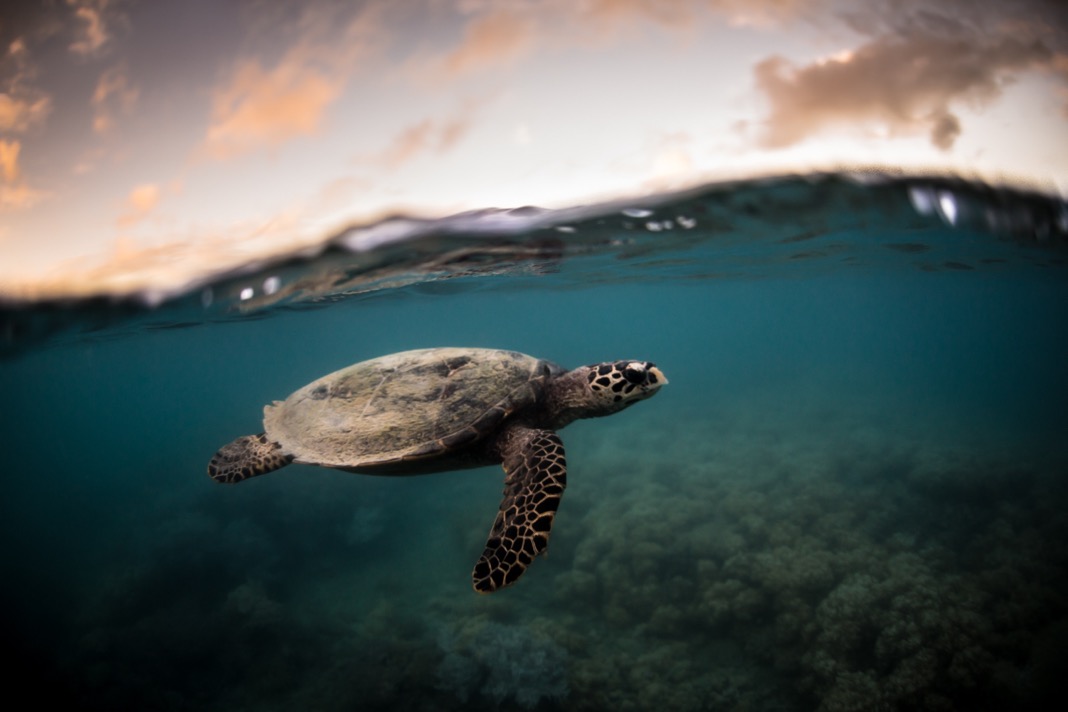
Support Research and Development
Dr. Brainard explained in his email that scientists are “documenting the actual changes occurring on coral reefs around the globe through long-term interdisciplinary ecosystem monitoring to understand relationships between corals, algae, fish, and changing ocean conditions from land-based pollution, climate change and ocean acidification, overfishing and destructive fishing, etc.."
"They are conducting laboratory experiments and process studies to improve our understanding of observed relationships and levels of ecological resilience for coral reefs under different stressors, and are developing tools and approaches to increase resilience of corals and coral reefs, including efforts to potentially speed up natural selection of heat tolerant coral species, etc.”
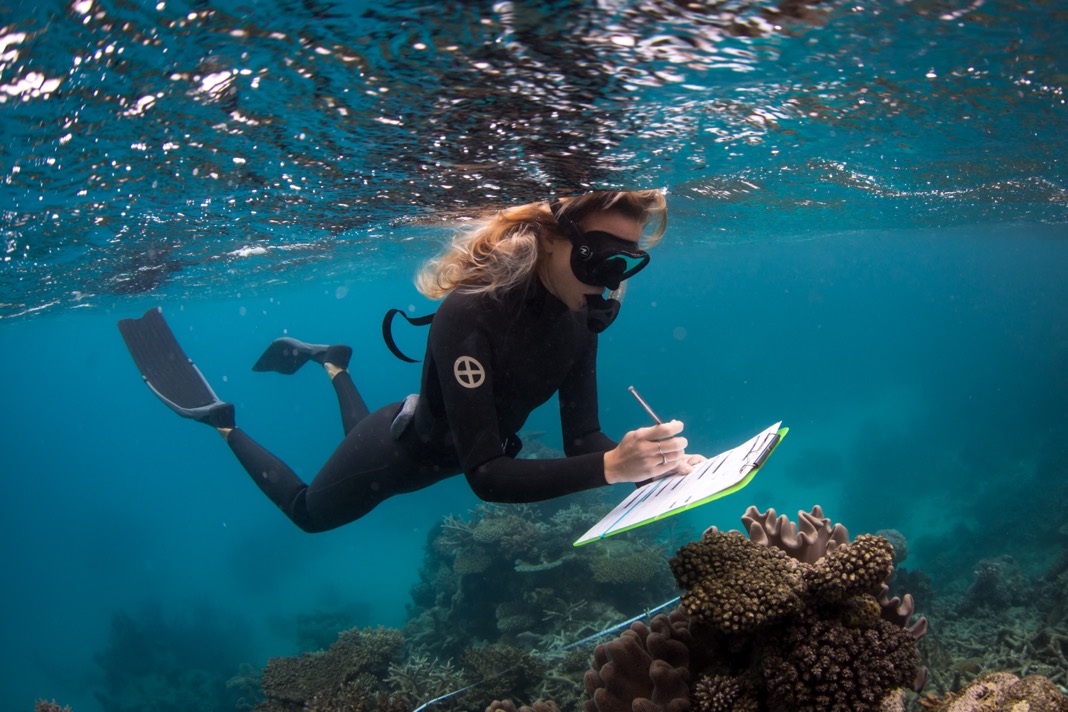
He went on to add that conservationists in turn are “using this information to improve local management of coral reefs through ecosystem-based management, improved fisheries management, protecting herbivores, decreasing sedimentation and pollution through improved land management, and decreasing other stressors during bleaching events.”
Mr. Garner said that there is a lot going on now to protect the reef and “we certainly haven’t given up yet. The organization Great Barrier Reef Legacy is launching a privately funded research vessel which combines research with communication, education, and tourism for the express purpose of saving the reef.”
“The Association of Marine Park Tourism Operators supports a crown-of-thorns starfish removal operation which took 177,000 crown-of-thorns off the reef last year,” he added.
It is our job to support and promote responsible research and conservation outfits. Ocean Ark Alliance is one such outfit of scientists that are currently on a two-year expedition to study the biodiversity of coral reefs facing climate change.
https://youtu.be/xJkUmn8MgM4
Peter Simon, the association's secretary told The Outdoor Journal in an email, “Against such stark evidence there is always hope. Hope that our unprecedented human world population will reduce 'its foot-print' in line with what our planetary biosphere and Earths resources can support. Hope that ingenuity and life-supporting ethics can reshape the societies and civilisations to be sustainable and renewable. Younger, educated, aware people instinctively understand this. It is the great existential challenge of our time.”
Feature Image: A green sea turtle swims over hard coral on the Reef in 2014 (Photo Courtesy © Brett Monroe Garner)


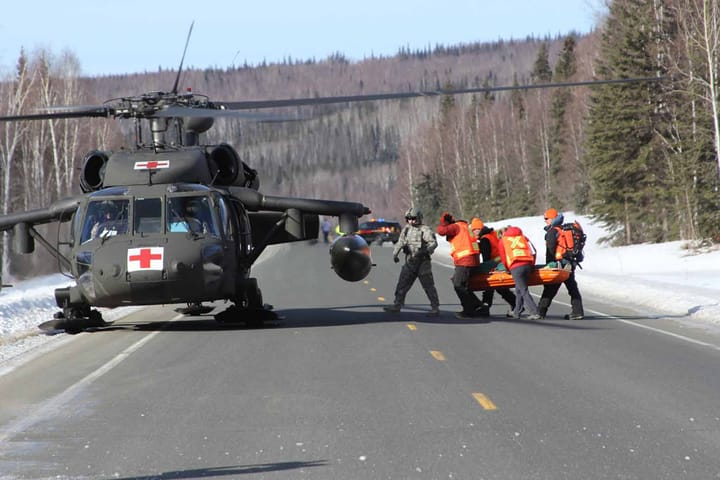
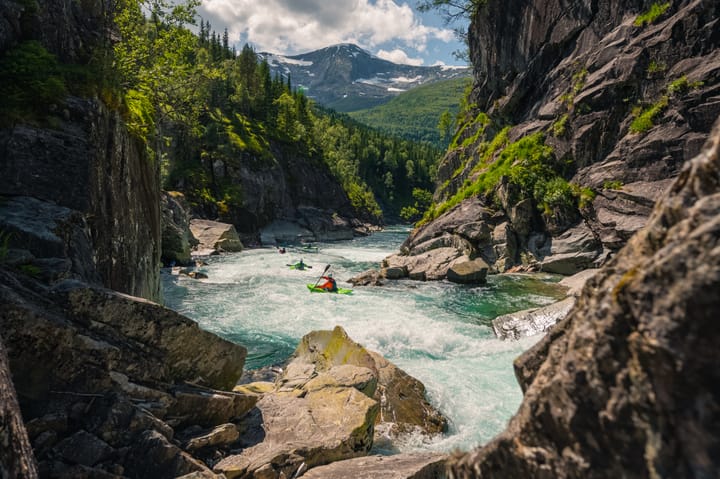
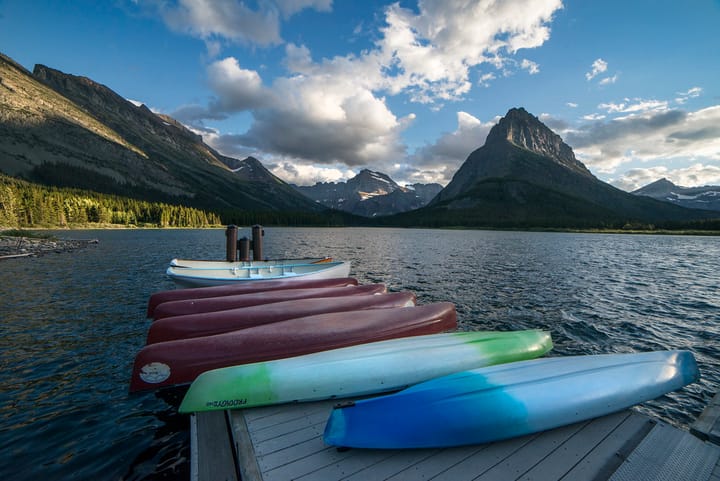
Comments ()